The statement, issued after a meeting on Tuesday, underscored China's determination to gain global leadership in advanced technologies and concerns about the potential political and social harms of those technologies.
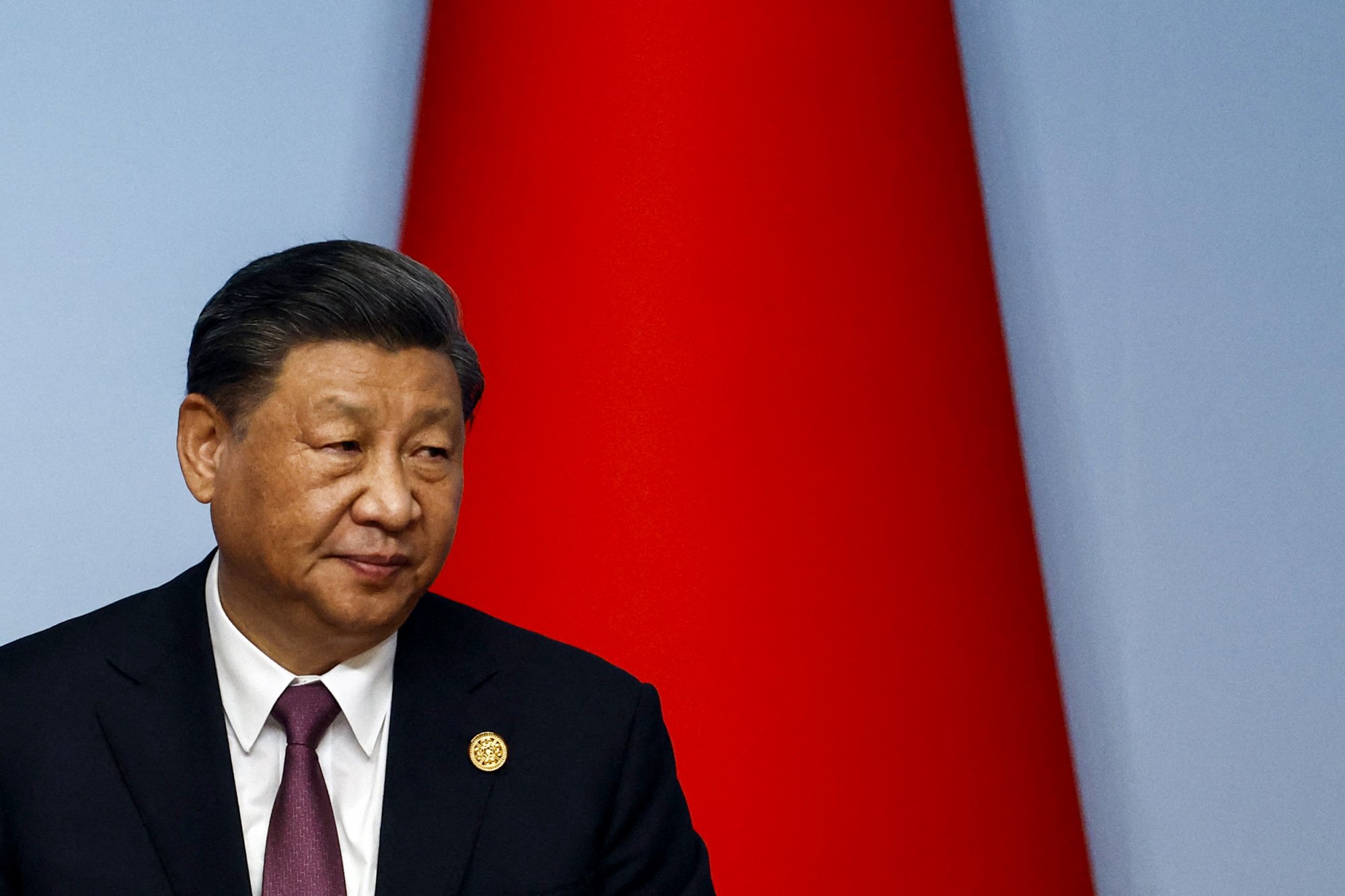
Chinese President Xi Jinping. Photo: NBC
Previously, scientists and technology leaders in the US, including senior executives at Microsoft and Google, have also issued warnings about the risks that artificial intelligence poses to humanity.
The meeting in Beijing discussed the need for “dedicated efforts to safeguard political security and improve the management of internet data security and artificial intelligence,” Xinhua said.
President Xi Jinping has called for “always being acutely aware of the complex and challenging situations facing national security… China needs a new development model with a new security structure”.
“The most recent Party meeting stressed the need to assess potential risks, take preventive measures, protect people's interests and national security, and ensure the safety, reliability and control of AI,” the Beijing Youth Daily reported on Tuesday.
Concerns about artificial intelligence systems becoming smarter than humans and spiraling out of control are growing, especially with large language models like ChatGPT.
Sam Altman, CEO of OpenAI, maker of ChatGPT, and Geoffrey Hinton, a computer scientist known as the father of artificial intelligence, are among hundreds of leading figures who signed the statement Tuesday posted on the Center for AI Safety website.
“Mitigating the risk of extinction from AI must be a global priority alongside other societal-scale risks such as pandemics and nuclear war,” the statement said.
More than 1,000 researchers and scientists, including Elon Musk, signed a letter earlier this year calling for a six-month pause in AI development.
The letter said AI poses “profound risks to society and humanity” and some stakeholders have proposed a UN-imposed universal treaty to regulate the technology.
China has been warning of the need to regulate AI since 2018, but has still funded massive expansion in the field as part of a global pioneering effort.
The risks of AI are seen primarily in its ability to control robots, autonomous weapons, financial instruments, and computers that manage power grids, healthcare centers, transportation networks, and other critical infrastructure.
Hoang Ton (according to AP)
Source








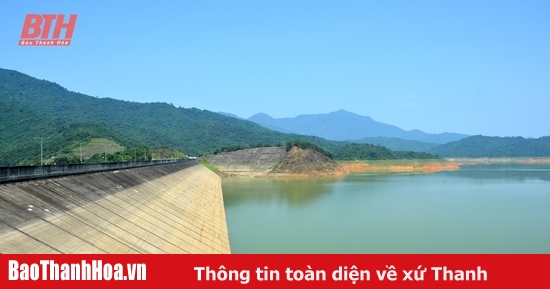

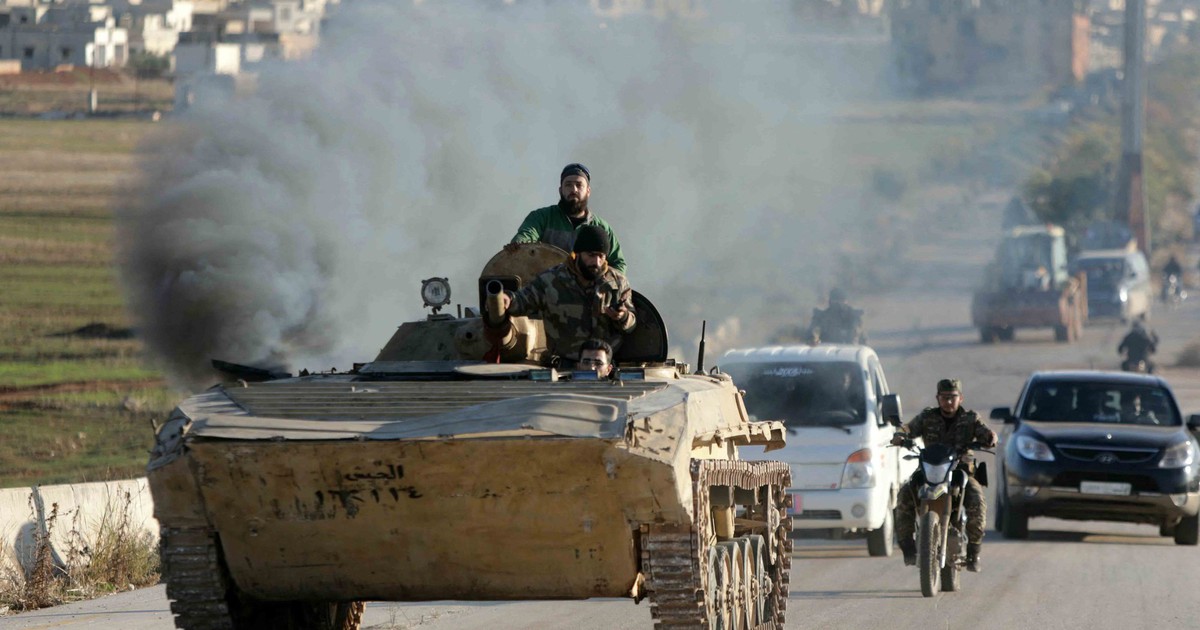



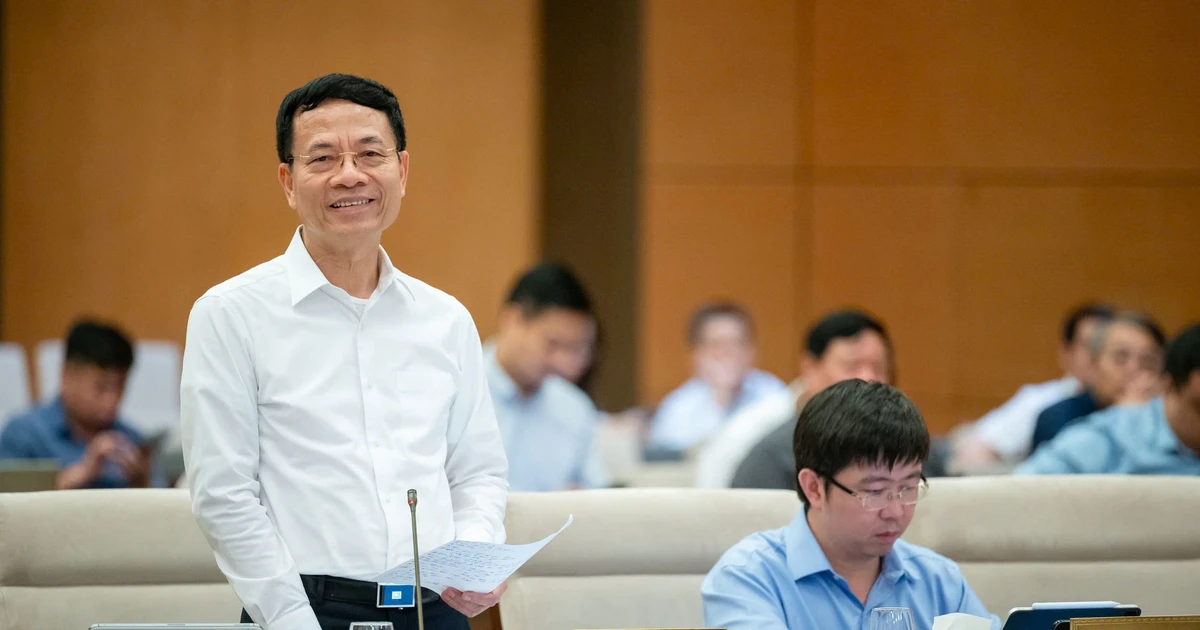

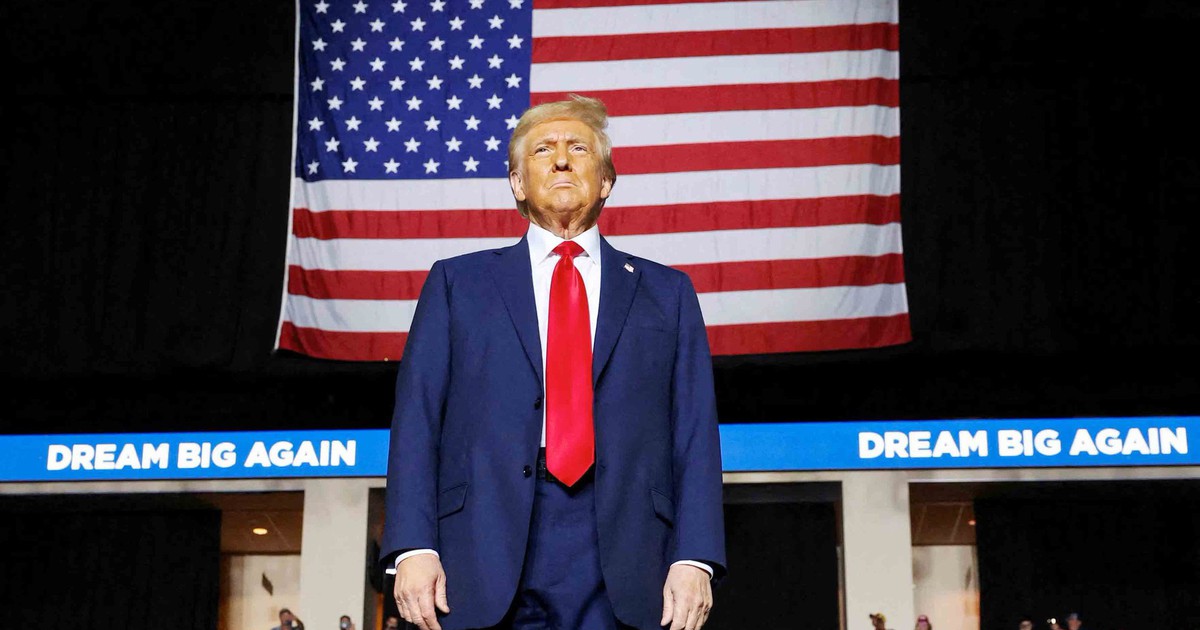
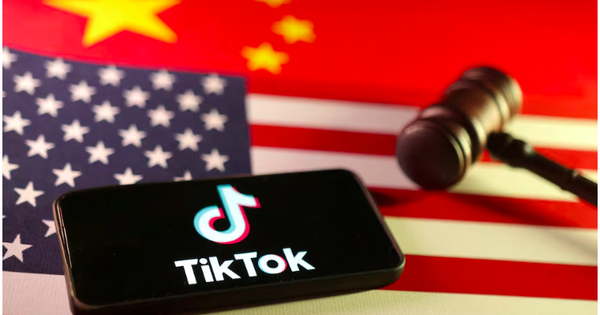
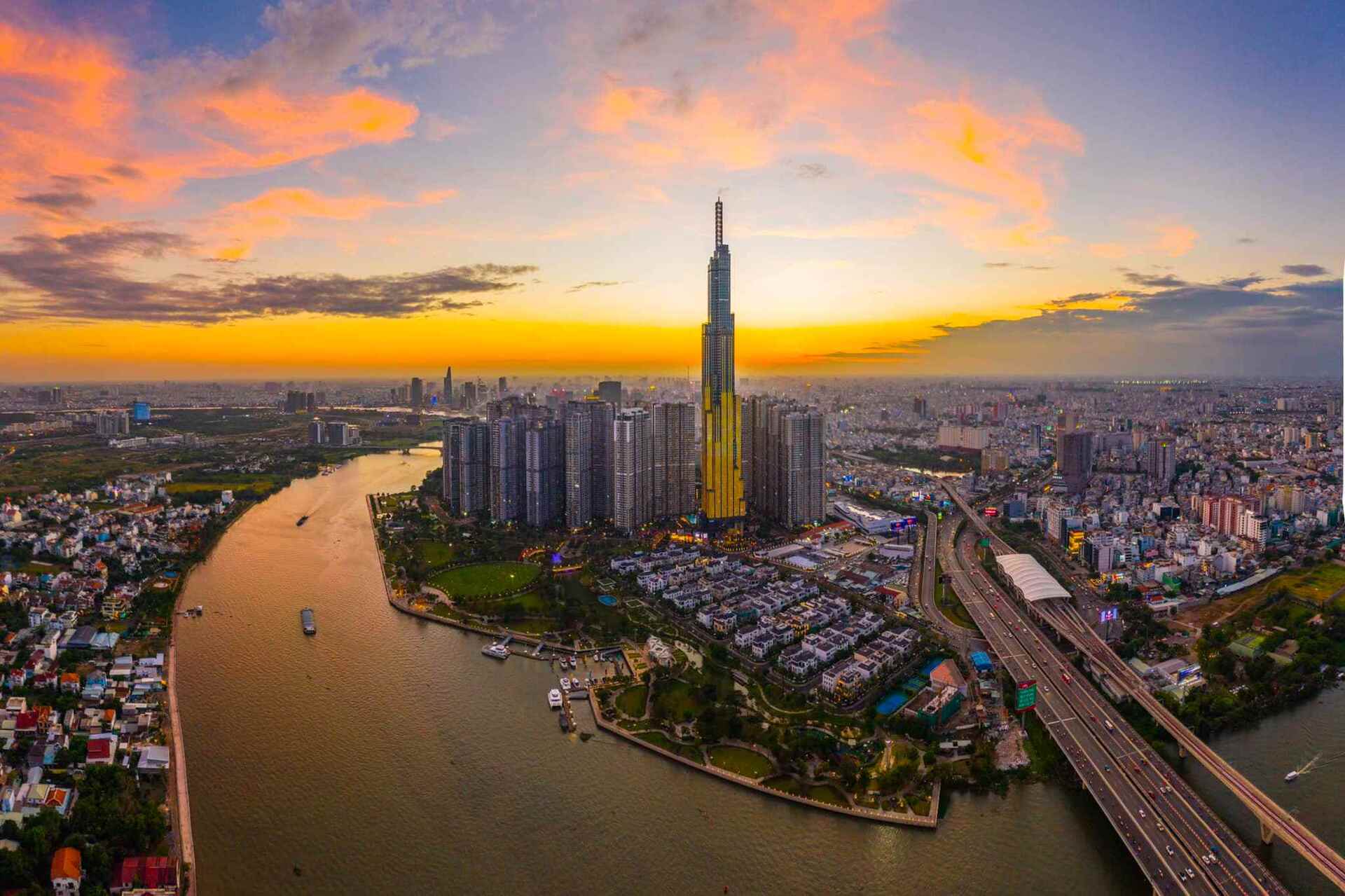

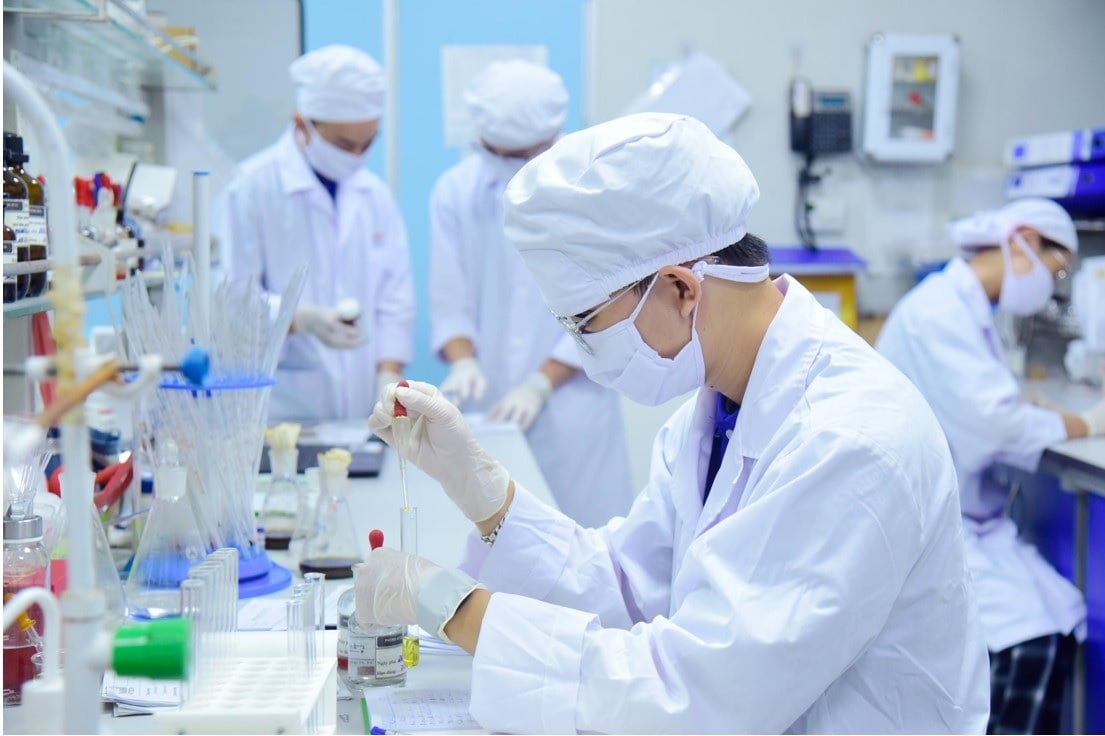

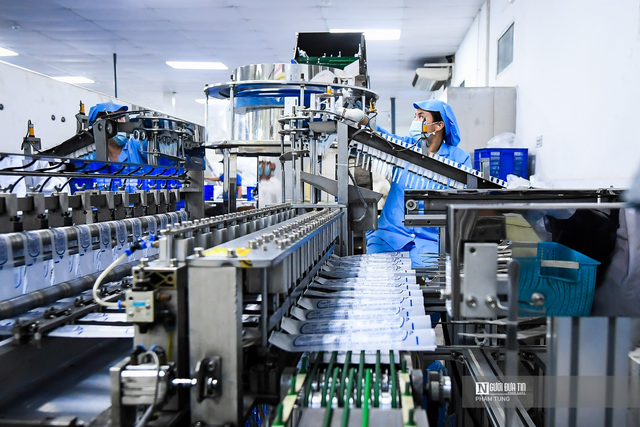

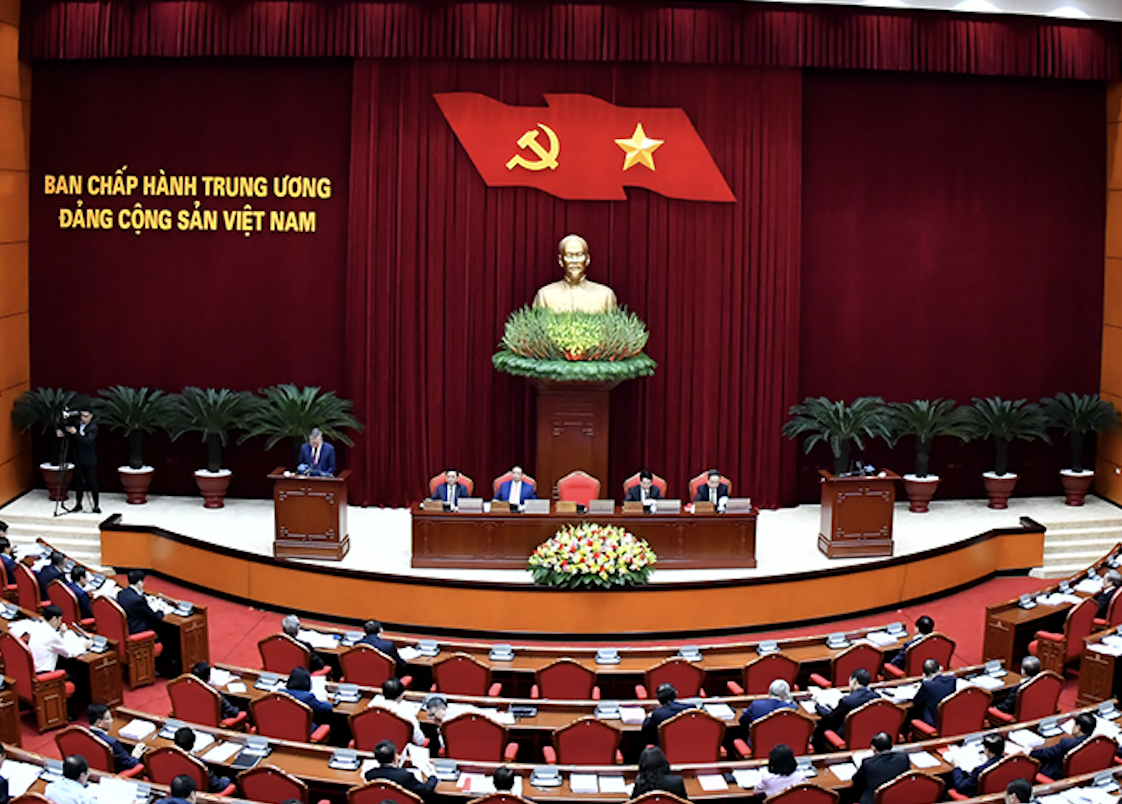
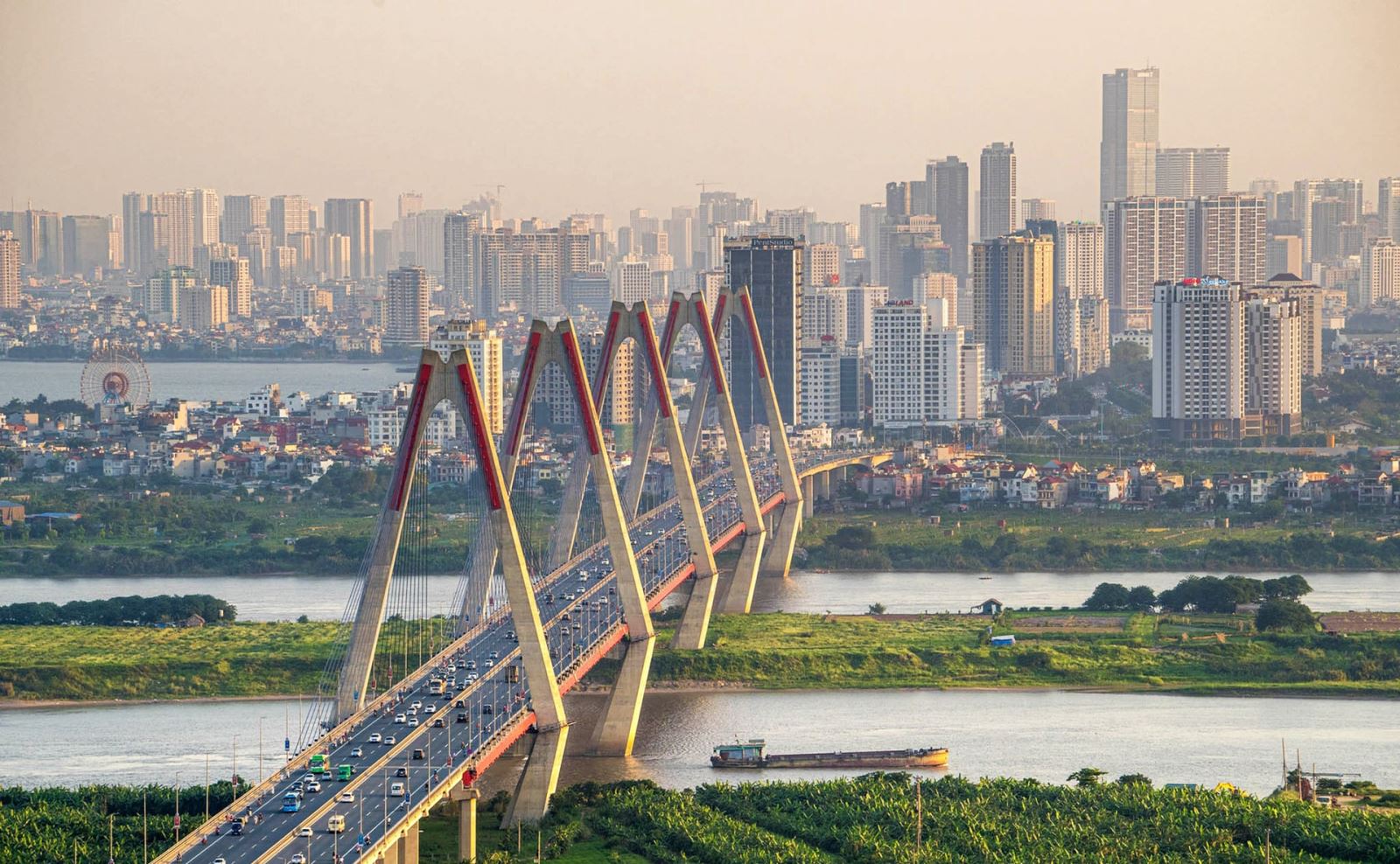
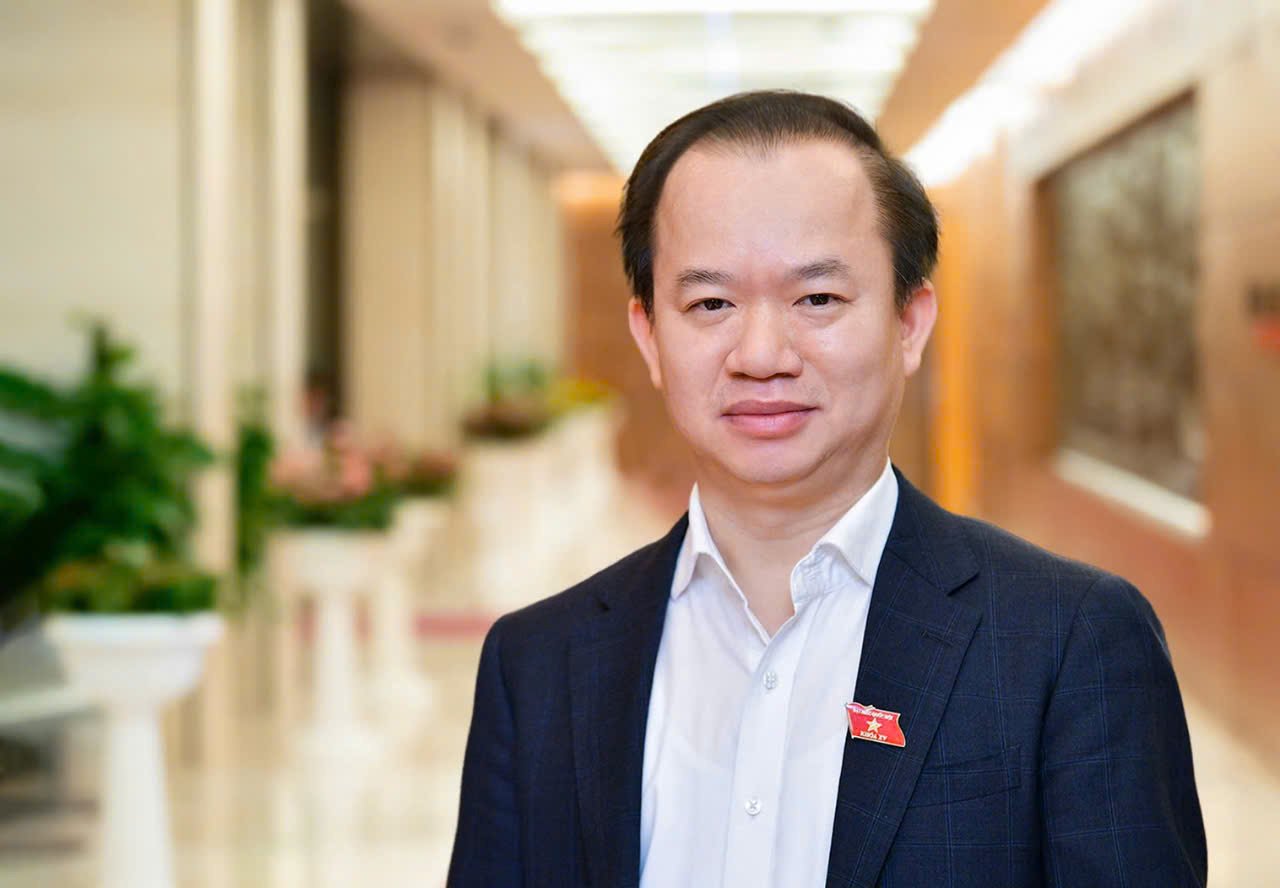

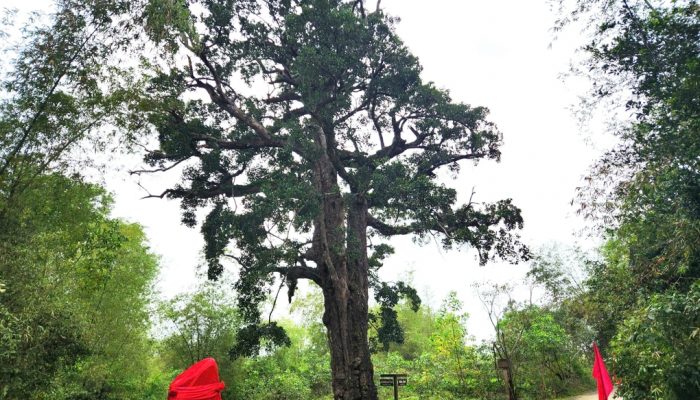
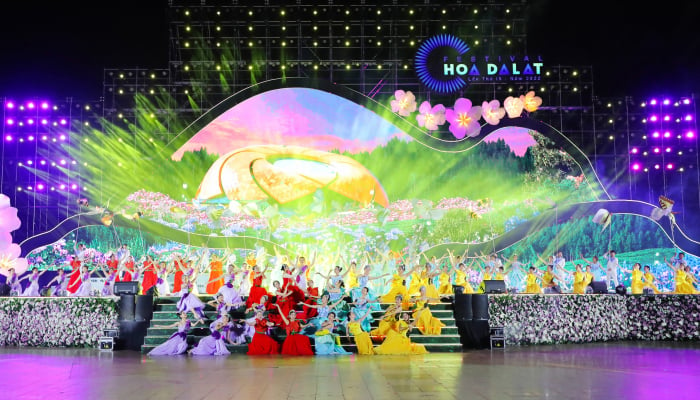
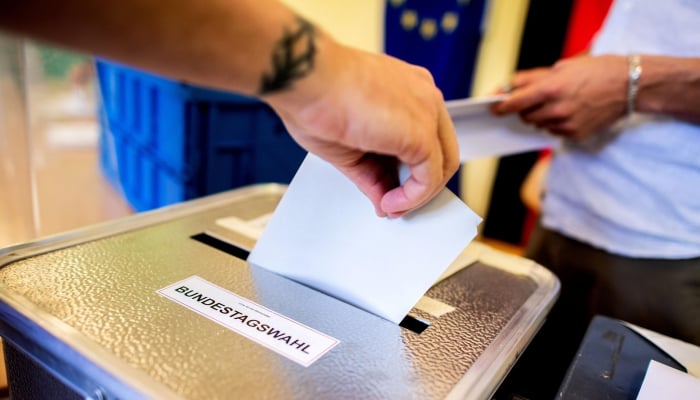
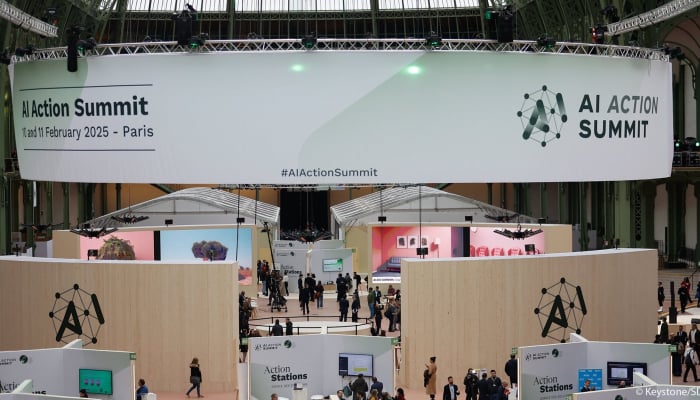








![[Photo] Prime Minister Pham Minh Chinh chairs Government Conference with localities on economic growth](https://vstatic.vietnam.vn/vietnam/resource/IMAGE/2025/2/21/f34583484f2643a2a2b72168a0d64baa)





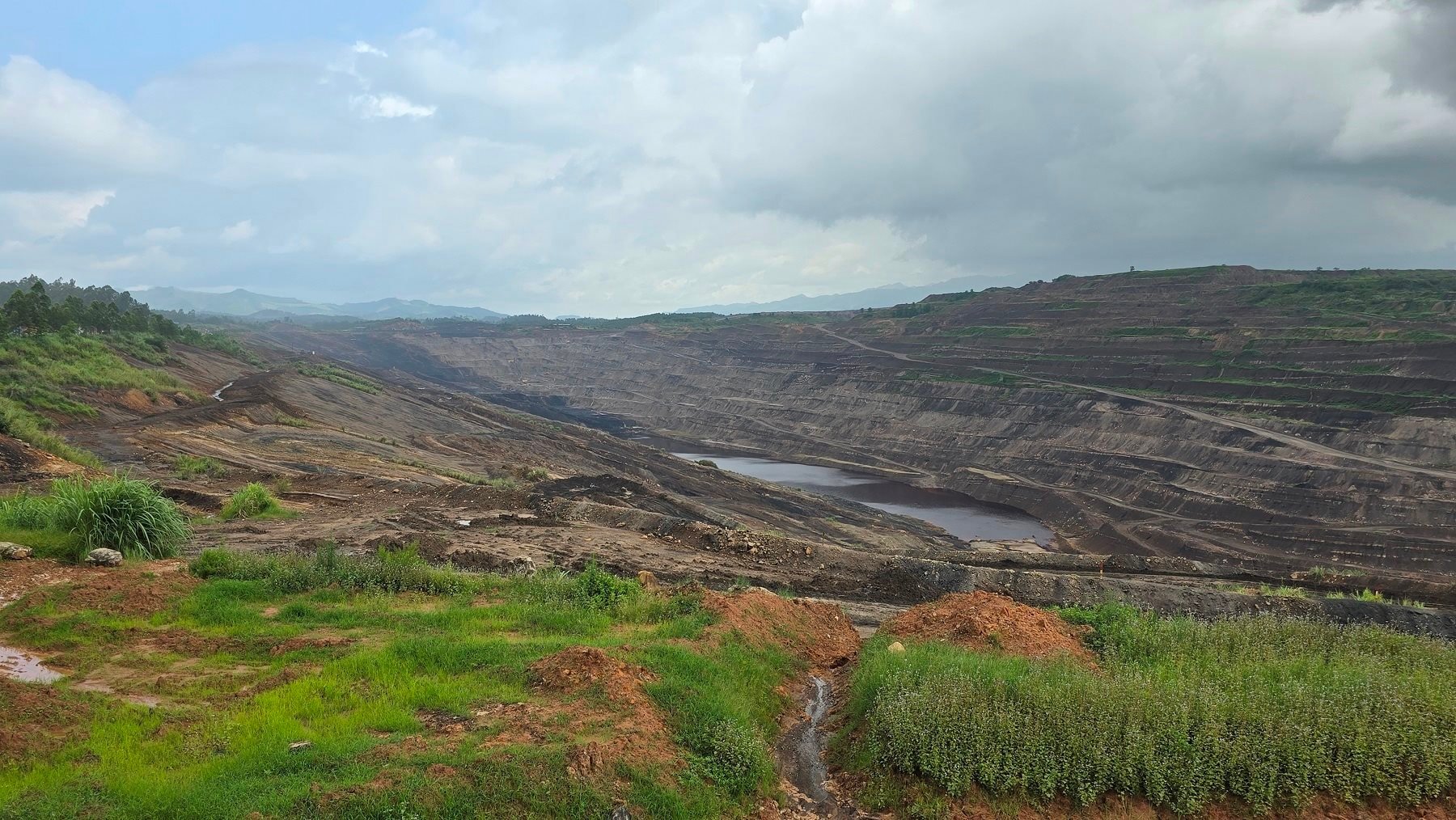




















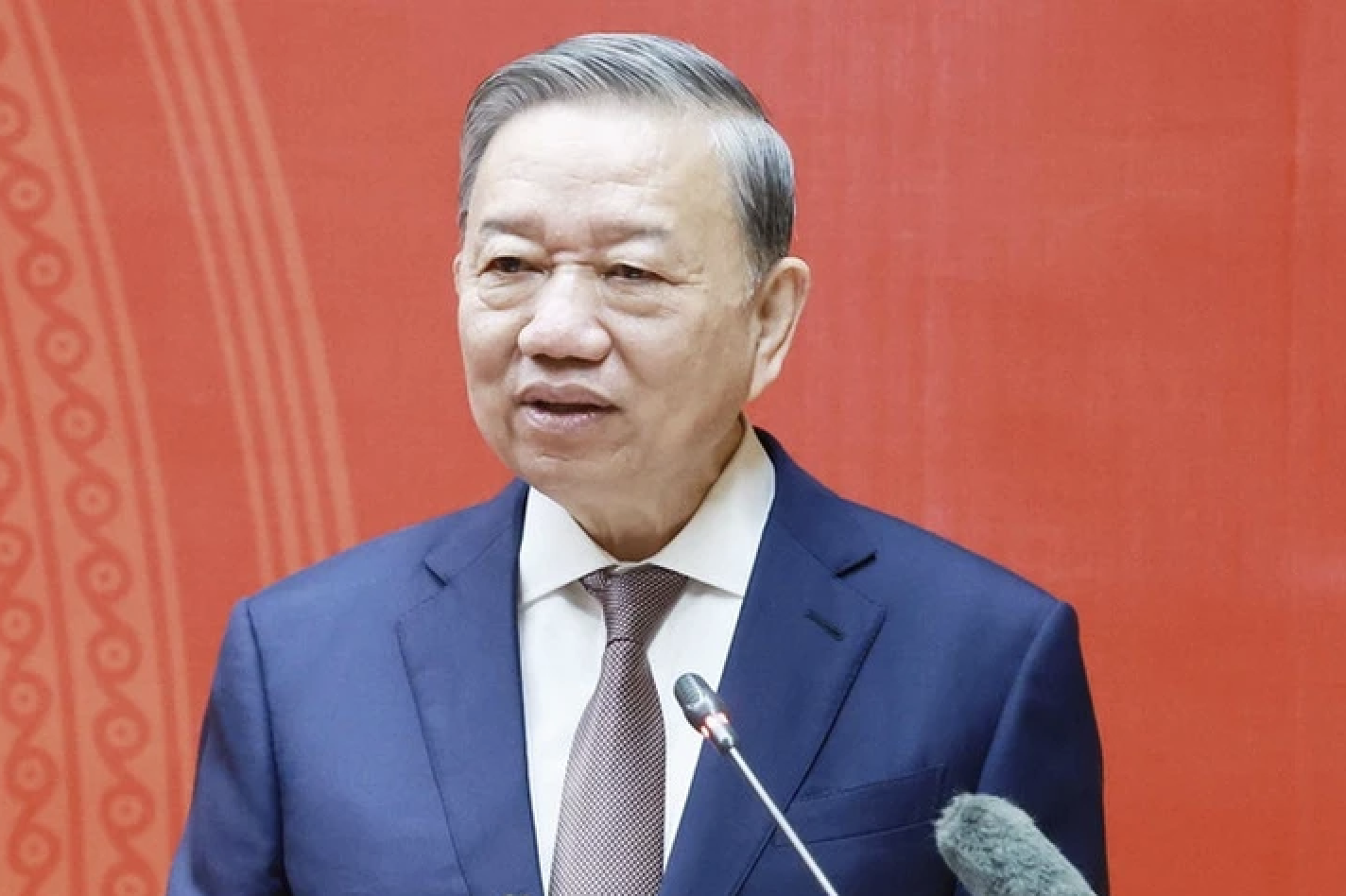
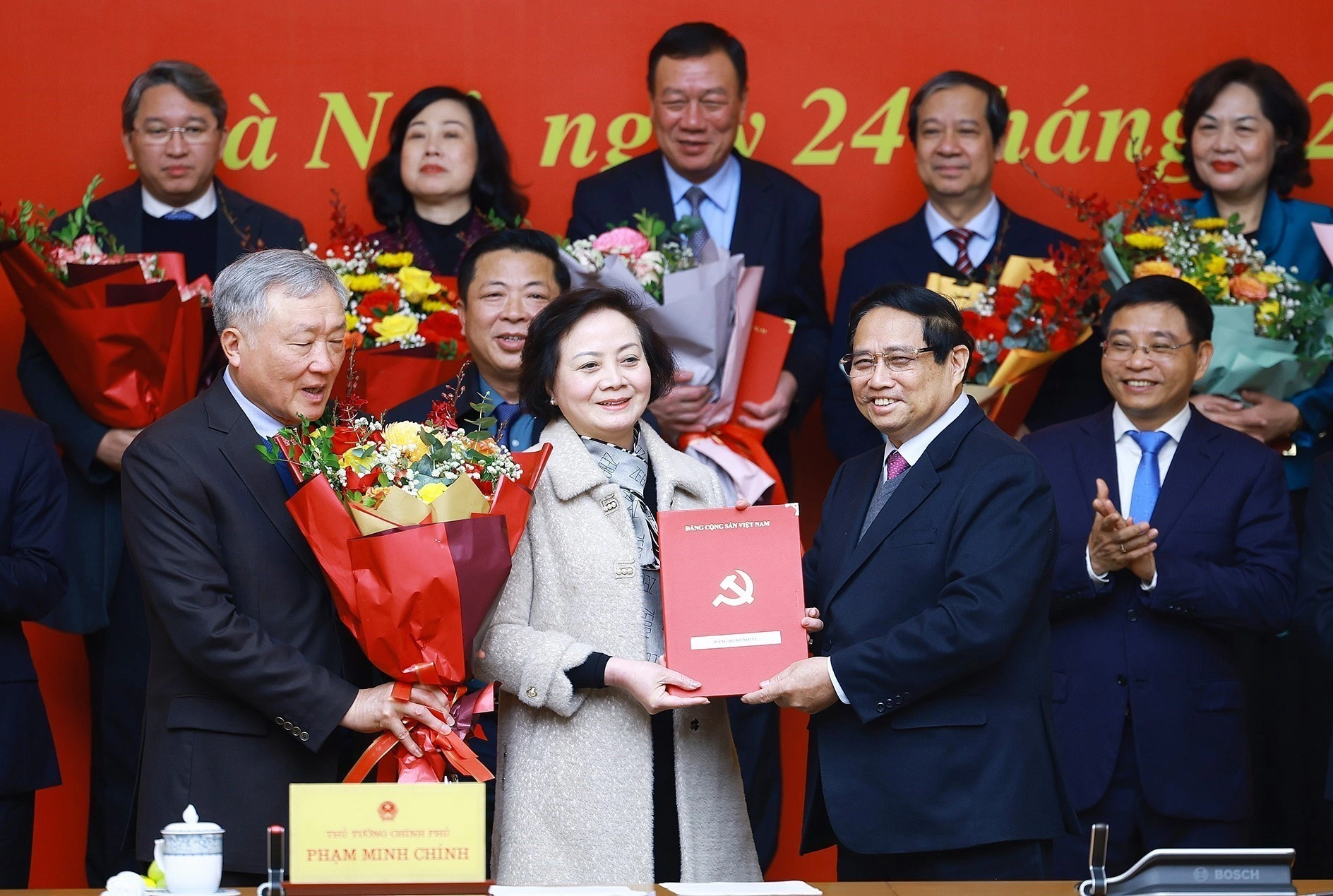
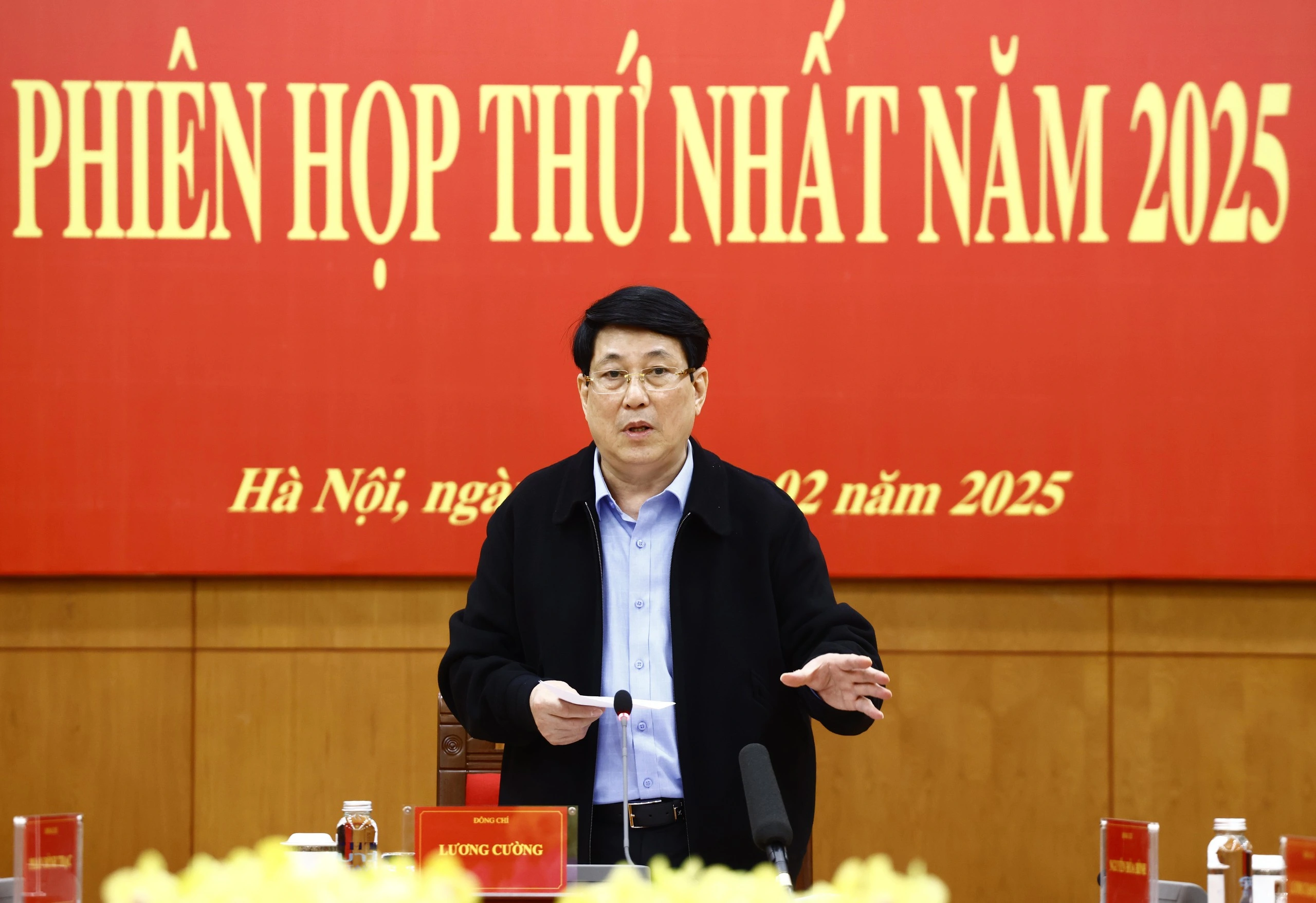





















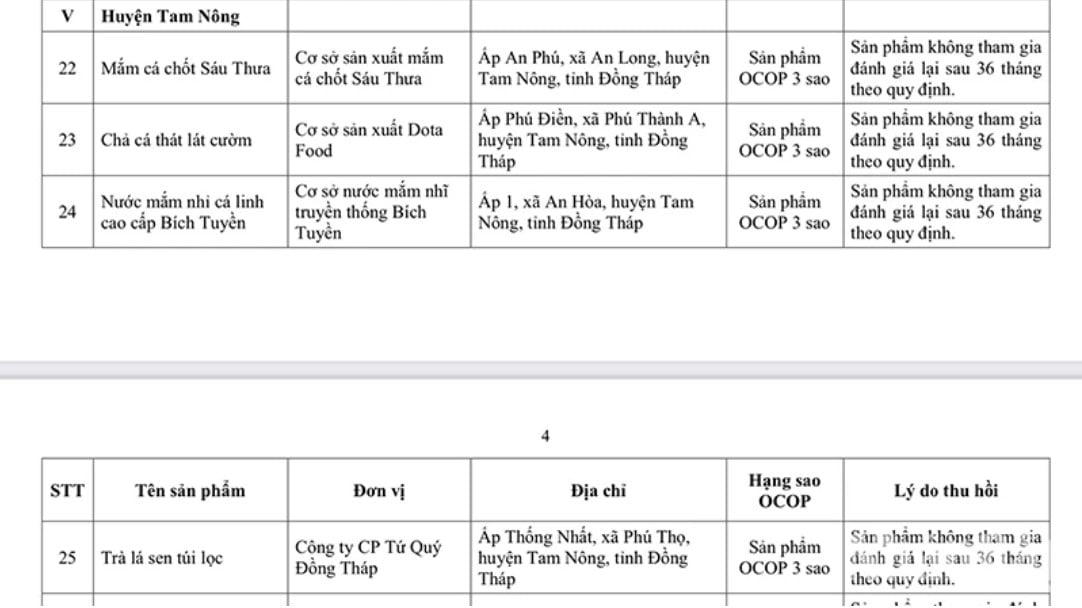

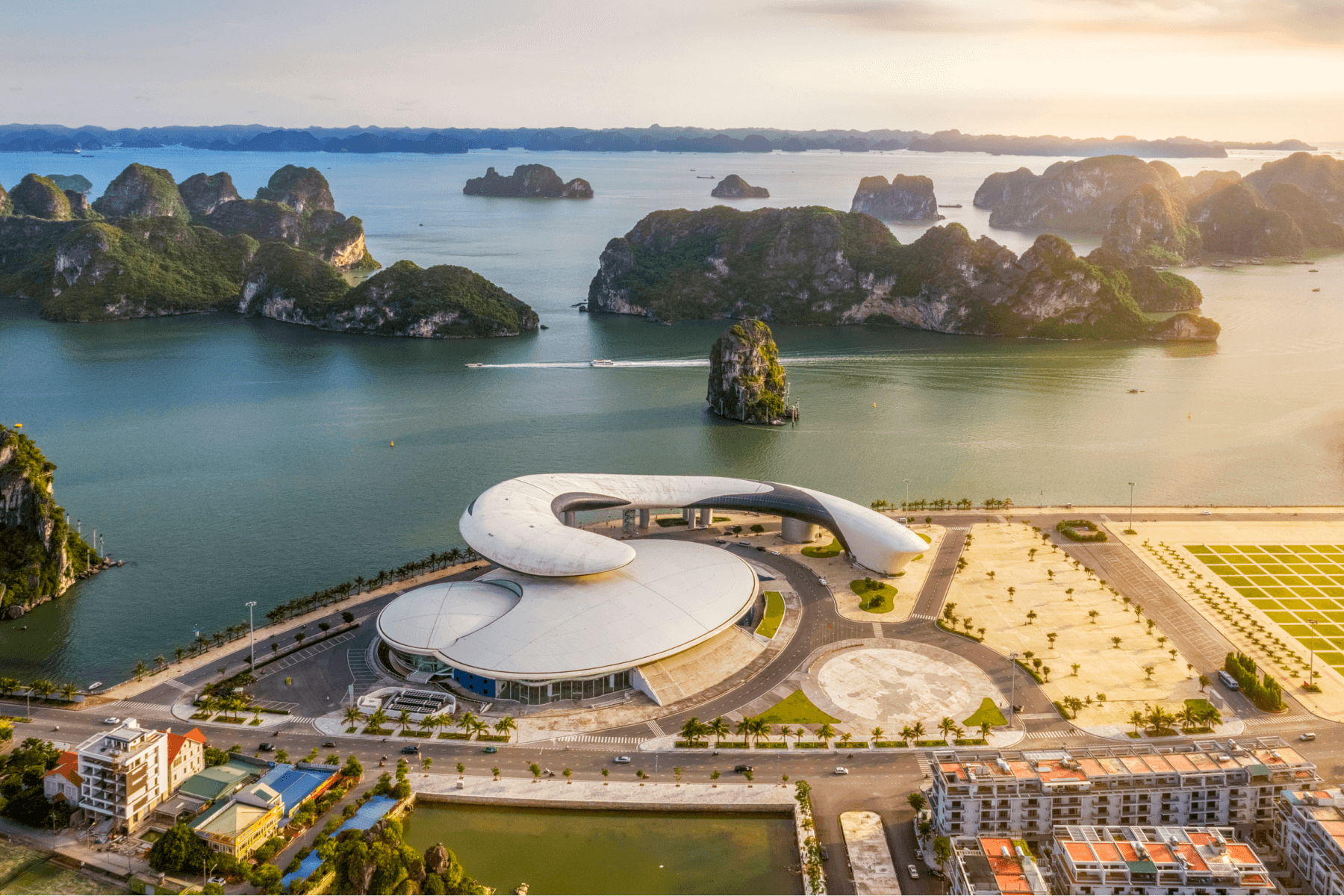
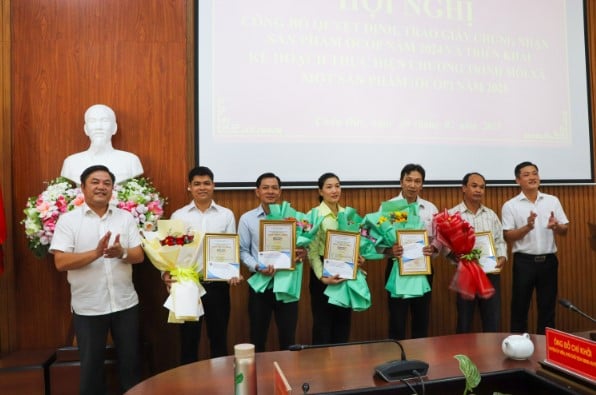
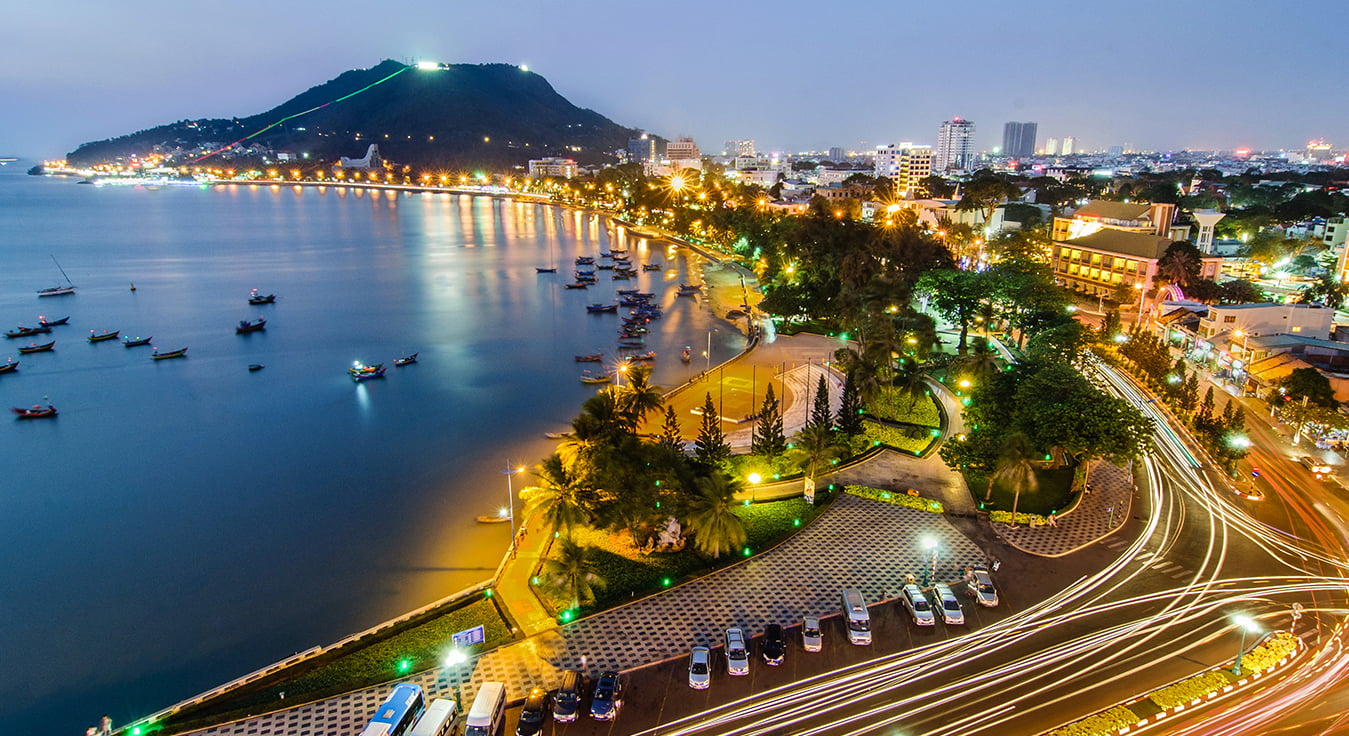
Comment (0)